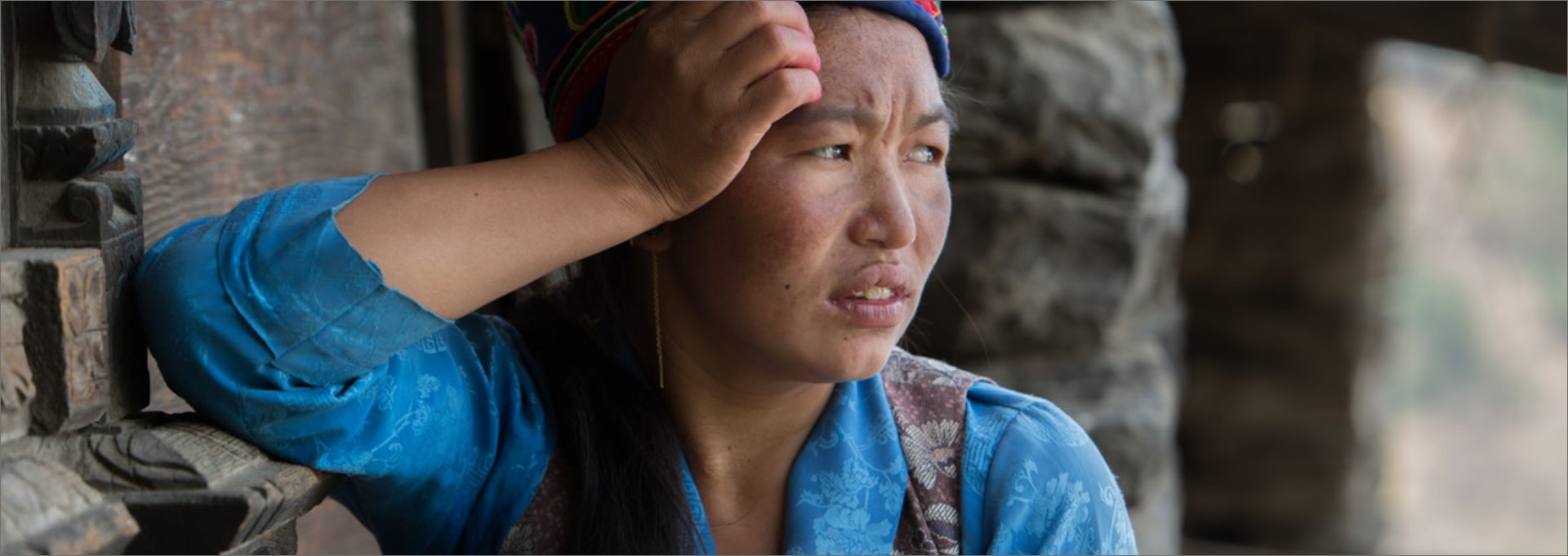
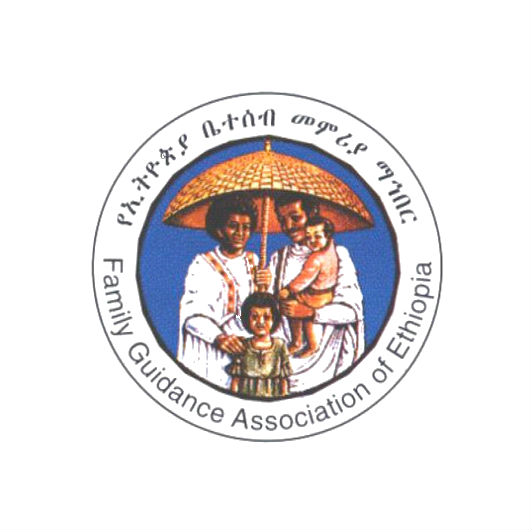
| 31 March 2016
Family Guidance Association of Ethiopia
Ethiopia, the second most populous country in Africa, and the tenth most populous in the world, has enormous sexual and reproductive health (SRH) challenges as the statistics demonstrate. The Family Guidance Association of Ethiopia (FGAE) celebrated its 50th anniversary in 2015. It has a broad reach which focuses on providing poor and marginalized populations with family planning, safe abortion care, maternal and child health care, prevention and treatment of sexually transmitted diseases (STIs) including HIV and AIDS and associated opportunistic infections. In the shape of permanent clinics, mobile facilities and community-based services (CBSs), FGAE has numerous service points. Staff, backed by over thousands of volunteers, hundreds of peer educators and demand creators. There’s no disguising the fact that achieving proper SRH amongst the Ethiopian people is an exhausting uphill struggle. FGAE has the will, the determination and the backing to fight for people’s rights and welfare. Access is key to the Member Association’s activity, and it works extensively with young people to inform, educate and provide essential SRH services. FGAE also runs special projects targeted at particularly vulnerable individuals and groups: street children, people living with HIV and AIDS, sex workers, and young migrants in 8 of the 11 principal Regions in Ethiopia. FGAE partners with government, with non-governmental organizations (NGOs) including the Ministry of Health, Ministry of Education, the Ministry of Women, Children and Youth, UNFPA-Ethiopia, CARE-Ethiopia, DKT-Ethiopia, the Ethiopian Women’s Lawyer Association, and a broad spectrum of HIV and AIDS-related operations. Private sector partners include networks of 420 private health facilities and donors to the Member Association’s work include the Royal Netherlands Embassy, the Packard Foundation, IPPF’s Japan Trust Fund, USAID/CDC and DFID.
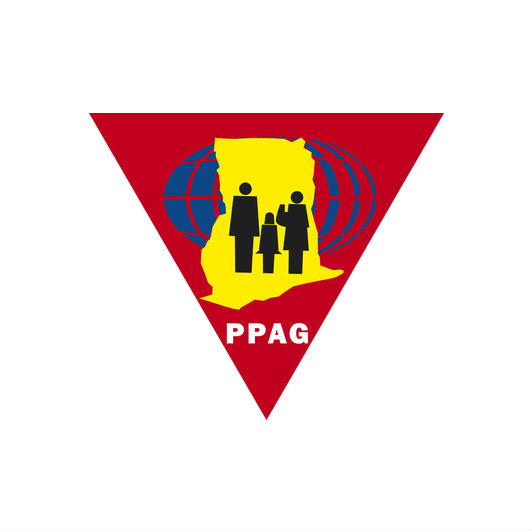
| 31 March 2016
Planned Parenthood Association of Ghana
Ghana is a country which has deep-rooted cultural norms, and structural barriers that perpetuate poor sexual and reproductive health. These include high risks of maternal mortality, high numbers of sexually transmitted infections, including HIV, and low levels of contraceptive use. The Planned Parenthood Association of Ghana (PPAG) was set up in 1967 to provide family planning services to the people of Ghana. Over the years, its work has expanded to cover a whole range of sexual and reproductive health (SRH) services. Today, in addition to basic family planning support, PPAG provides maternal and child health care, infertility management, and voluntary counselling and testing (VCT) for sexually transmitted infections (STIs) including HIV. It also provides other SRH services (for example, programmes for the management of erectile dysfunction). PPAG’s operation depends on a team of 103 staff, over 1,000 volunteers, 300 peer educators, 551 community-based distributors (CBDs) and a Youth Action Movement membership of 810 young people. PPAG's delivers services and programmes through 1,356 service points, including 11 permanent clinics, 54 mobile clinics and over 1,000 community-based service points (CBSs). PPAG works with a huge roster of partners, right across government in health, education, HIV and AIDS, youth, and population planning departments. Its civil society networks include over 15 non-governmental organizations. It receives financial support from the Japanese International Cooperation Agency, the Japanese Organization for International Cooperation in Family Planning, UNFPA, the Programme For Appropriate Technology in Health (PATH), the African Youth Alliance (AYA), the Big Lottery Fund (BLF) of UK, DANIDA, the French Embassy, the UK’s Department for International Development (DfID), UNICEF and GTZ.
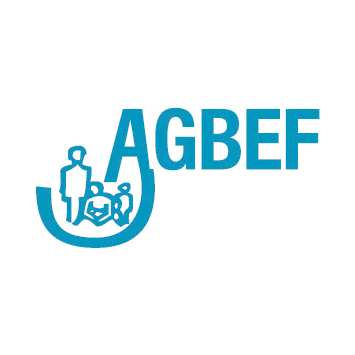
| 31 March 2016
Association Guinéenne pour le Bien-Etre Familial
Established in 1985, IPPF’s Member Association in Guinea-Conakry faces many stark sexual and reproductive health (SRH) challenges including some of the highest fertility and child mortality rates in the world, coupled with very low levels of contraceptive use. The Association Guinéenne pour le Bien-être Familial (AGBEF) has mounted a vigorous response to these challenges. Through its services points (static clinics, mobile clinics, associated clinics, community-based distributors (CBDs) and community-based services (CBSs) the organization reaches out to poor and marginalized groups with a particular emphasis on young women and men, and displaced persons and refugees. The Member Association’s services include disseminating information, education and communication around sexual and reproductive health (SRH); youth-friendly SRH services; prevention and management of sexually transmitted infections (STIs) and HIV through interventions such as voluntary counselling and testing (VCT); improving access to contraceptives at community level; and advocating and mobilizing the public to demand their SRH rights. AGBEF’s team includes volunteers, peer educators and thousand of CBDs. Its youth action movement has a membership of over 100. The Member Association partners with government departments and large international NGOs to promote and develop its work.
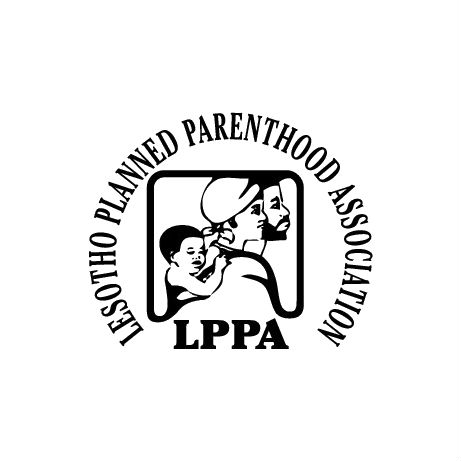
| 31 March 2016
Lesotho Planned Parenthood Association
One of IPPF’s central beliefs is that processes and approaches need to be adapted to meet the specific needs of a country. In Lesotho, a country with one of the highest HIV prevalence rates in the world, LPPA is very active in finding new ways to address neglected needs. LPPA provides a comprehensive range of sexual and reproductive health including: family planning, the management of sexually transmitted infections (STIs), screening for cancers of the reproductive system, the distribution of contraceptives and emergency contraceptives, pregnancy testing, post-abortion care, voluntary counselling and testing (VCT) and the management of infections. Clients are referred to other centres for CD4 tests and ARV treatment. LPPA reaches out to the communities it serves through 47 service points: 10 permanent clinics, 9 private providers, 30 associated agencies, 90 peer educators and 14 community-based distributors (CBDs). There are 54 permanent staff who are supported by over 200 volunteers. An estimated 75% of LPPA's clients are poor, marginalized, socially excluded and/or under-served. Target groups include cattle herders, prisoners, rural populations, factory workers, university students, police trainees and people living with HIV and AIDS. LPPA targets out-of-school children, and disseminates SRH information through drama, puppetry, sports for life, and facilitated discussions. Other education programmes include health talks, workshops, performances and radio and TV shows. In advocacy, LPPA reaches out to teachers, religious leaders and government leaders to promote favourable approaches to, and legislation on, SRH. LPPA has influential partnerships with government health and population departments, and it partners with major non-governmental organizations (NGOs). Donors include Irish Aid, UNDP, the Japan Trust Fund, and IPPF’s Korea Africa Fund. The Member Association has strong linkages with other organizations across the country, particularly in relation to HIV and AIDS.
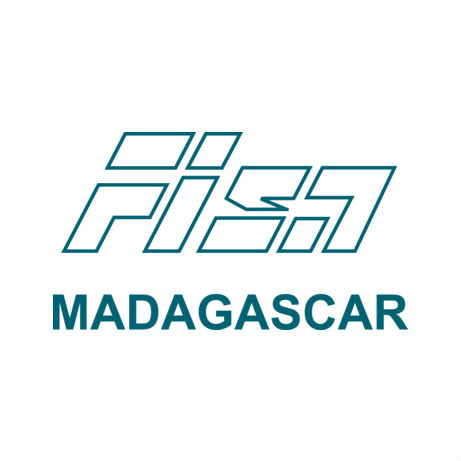
| 31 March 2016
Fianakaviana Sambatra, Madagascar
Relative to much of Africa, Madagascar has high levels of contraceptive use, but high birth rates coupled with endemic poverty and limited government-led sexual and reproductive health (SRH) provision mean that child mortality and maternal death figures are high. Fianakaviana Sambatra (FISA) has been fighting since 1967 to improve the nation’s SRH through advocacy, education and direct service provision. Currently, it runs 67 service points, including: 11 permanent clinics, 3 mobile units and 12 community-based services (CBSs), across 6 of the country’s regions. FISA works with 5 associated clinics and 29 private practitioners. FISA has 70 full-time staff, 184 peer educators, and a youth action movement made up of 42 members. FISA delivers a wide range of services: family planning, prevention and management of HIV and the provision and dissemination of comprehensive SRH materials. FISA has used its on-the-ground experience to advise government on national SRH policy. It has partnered with the Ministry of Health, Family Planning and Social Protection, and the Ministry of Youth to advocate for a concerted approach to resolving the critical SRH issues currently facing the country. At the same time, it works with non-governmental organizations (NGOs) such as Marie Stopes International, and the ASSONG coalition of NGOs. FISA receives financial support from UNFPA, the Big Lottery Fund, Amélioration de la Qualité De Services, the EU and IPPF’s Japan Trust Fund. It’s also closely connected to other organizations promoting SRH rights across the country and the region.
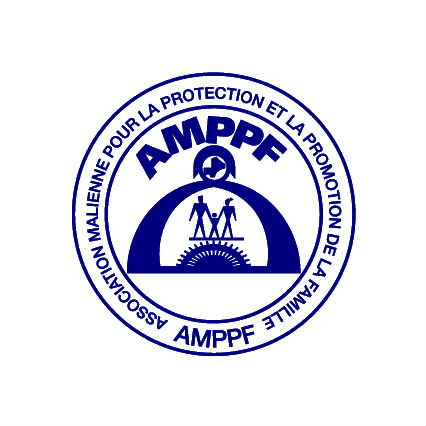
| 31 March 2016
Association Malienne pour la Protection et la Promotion de la Famille
The Association Malienne pour la Protection et la Promotion de la Famille (AMPPF) was established in 1972 to tackle the family planning challenges facing the Malian people. It rapidly expanded its activity and remit to embrace sexual and reproductive health (SRH) counselling; neonatal, gynaecological, post-natal and post-abortion care; and prevention and management of HIV and AIDS, particularly voluntary counselling and testing (VCT). These figures were achieved through the strategic and focused management of a strong team which has the capacity to reach out to diverse communities across the country. AMPPF has hundreds of volunteers, a strong youth action movement and hundreds of peer educators and community-based distributors. AMPPF is actively engaged with the planning, health, youth and family departments of the Malian government. It has strong ties with non-governmental organizations (NGOs) including Population Service International (PSI), the Conseil de Concertation et d'Appui aux ONGs, the Federation Nationale des Associations de Santé Communautaire au Mali (FENASCOM), the Association de Recherche, de Communication et d'Accompagnement à Domicile des Personnes vivant avec le VIH/SIDA (ARCAD), and SIDA. Major donors include WHO, USAID and UNFPA.







